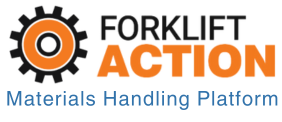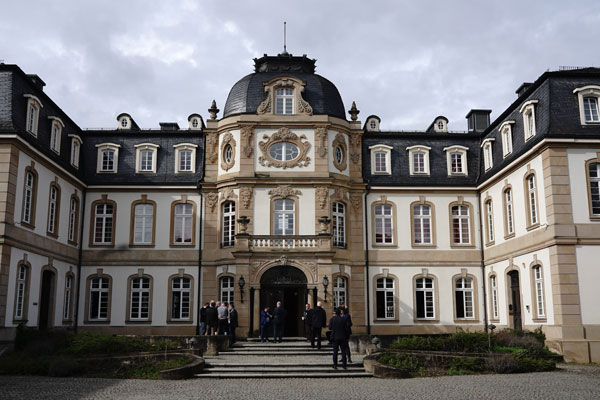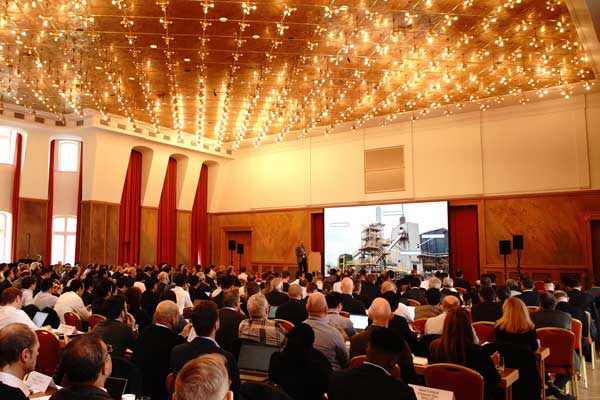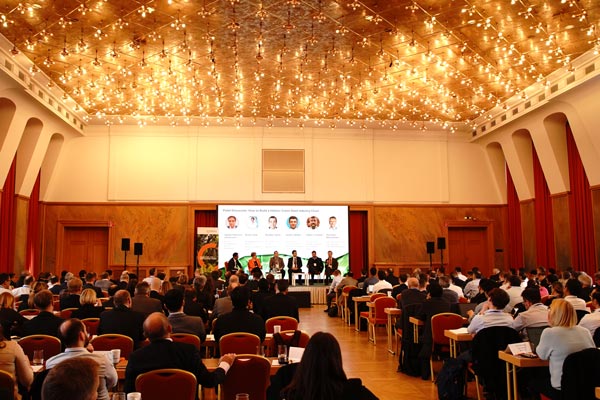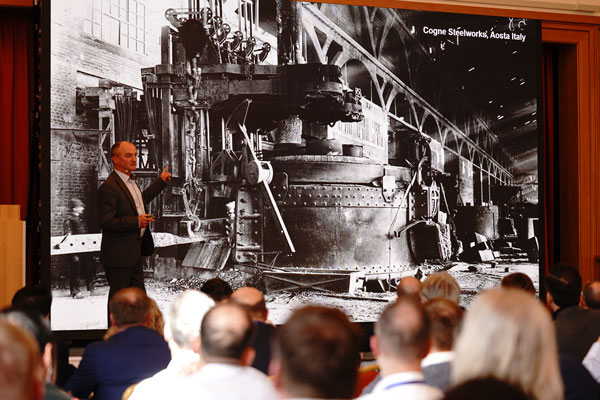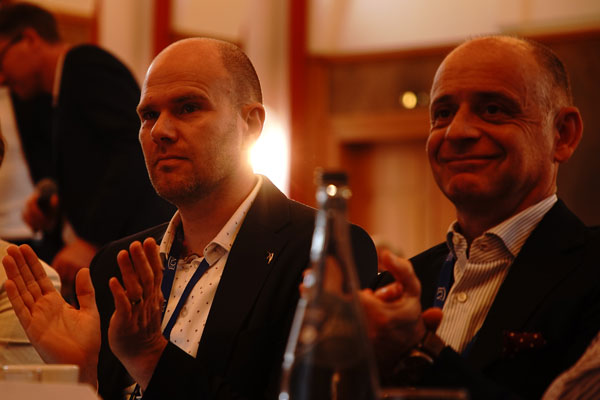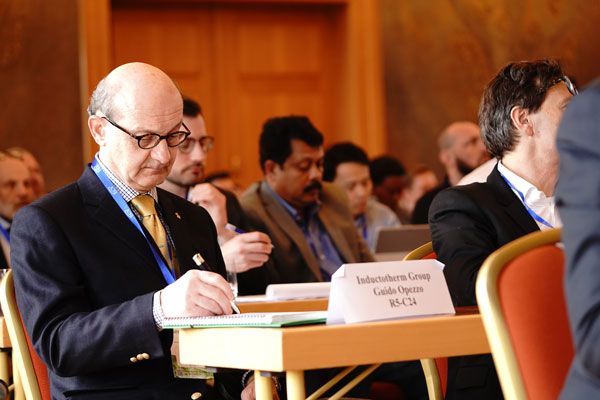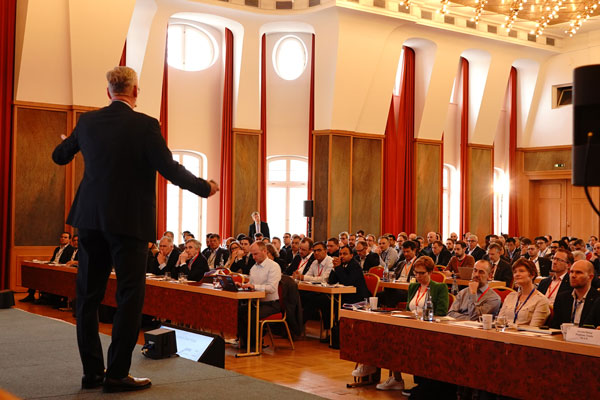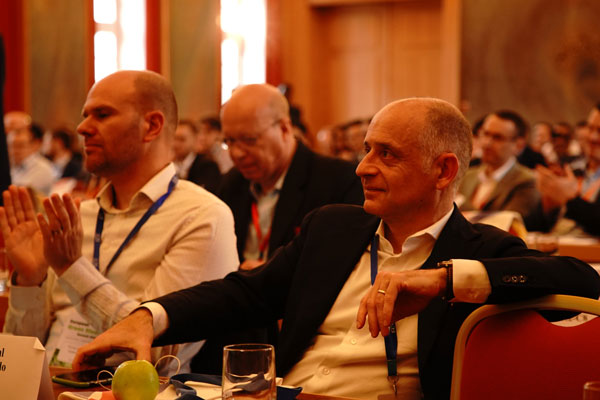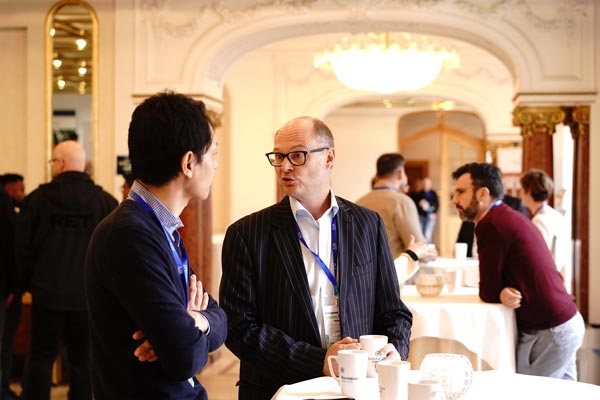summit background
In the era of net-zero and digitalization, it is necessary to rethink the circular economy. Defined by the European Commission as "where the value of products, materials and resources is maintained in the economy for as long as possible, and the generation of waste is minimized," the circular economy aims to decouple economic growth from resource consumption. To achieve more sustainable development models and meet the 2050 Net-zero target, the EU launched a new Circular Economy Action Plan in 2020. The benefits of the circular economy extend beyond achieving climate goals and reducing resource consumption, it also enhances business profitability, creates new commercial opportunities, and improves supply chain resilience. The development of digital technologies provides essential support for achieving cradle-to-cradle cycles in the circular economy.
Transforming the European economy into one that is cleaner and more competitive requires collaborative efforts across industries. This transformation must involve comprehensive and systematic changes, integrating ecological principles into design stages to minimize resource consumption and waste generation. It necessitates coordinated cooperation throughout the entire value chain. The summit aims to facilitate communication and learning among different industries and stakeholders in key areas crucial for advancing the circular economy. Participants will share new insights into achieving circular economy goals, strategies, and proven effective actions. It also serves as a high-quality platform for participants across the value chain to strengthen cooperation, exchange ideas, and explore new business opportunities.

HIGHLIGHTS
- Action on New Circular Economy – Perspective from European Policies and Regulations
- Unlock the Value of Circularity by Establishing Circular Business Models to Drive Economic Growth and Environmental Benefit
- How to Deploy Strategies and Take Actions to Realize Automotive Industry’s Circularity Transition
- A Holistic Approach to Decouple Growth from Finite Resource Consumption across the Entire Value Chain
- Redefine Products – How Design Driving the Future of Circularity
- Circular Packaging - Reduce Resource Consumption from the Design Stage and Improve the Safety and Recyclability of Materials
- Panel Discussion: Challenges and Methods to Realize European Circular Economy Transition
- Establish a Management System to Guide the Road towards Circular Economy and Waste Management
- Navigating a Path to Leverage Circular Potential of Steel Industry
- Extracting and Recycling Rare Earth Permanent Magnets to Promote more Resilient Supply Chain
- From Linear to Circular – Embracing the Future of Circular Economy Transition
- Developing Battery Closed Loop Recycling to Decrease EV Carbon Emissions throughout the Life Cycle
- Innovation-Driven New Technologies and Products to Boost the Recycling of Plastic Materials
- The Fashion Remodel – Future Production and Consumption to be more Sustainable
- Digital Innovation: Data based Life Circle Assessment Foster the Transition to Circular Economy
- Panel discussion: Rethink Recycling - How to Leverage the Value of End-of-Life Products
- Bring Regenerative Agriculture to Life – A Holistic Model to Restore the Ecosystem, Reduce Carbon Emissions and Enhance Farmers’ Livelihoods
- Innovative Waste Management Solutions Contribute to Create a High Quality Secondary Raw Materials Market in EU




